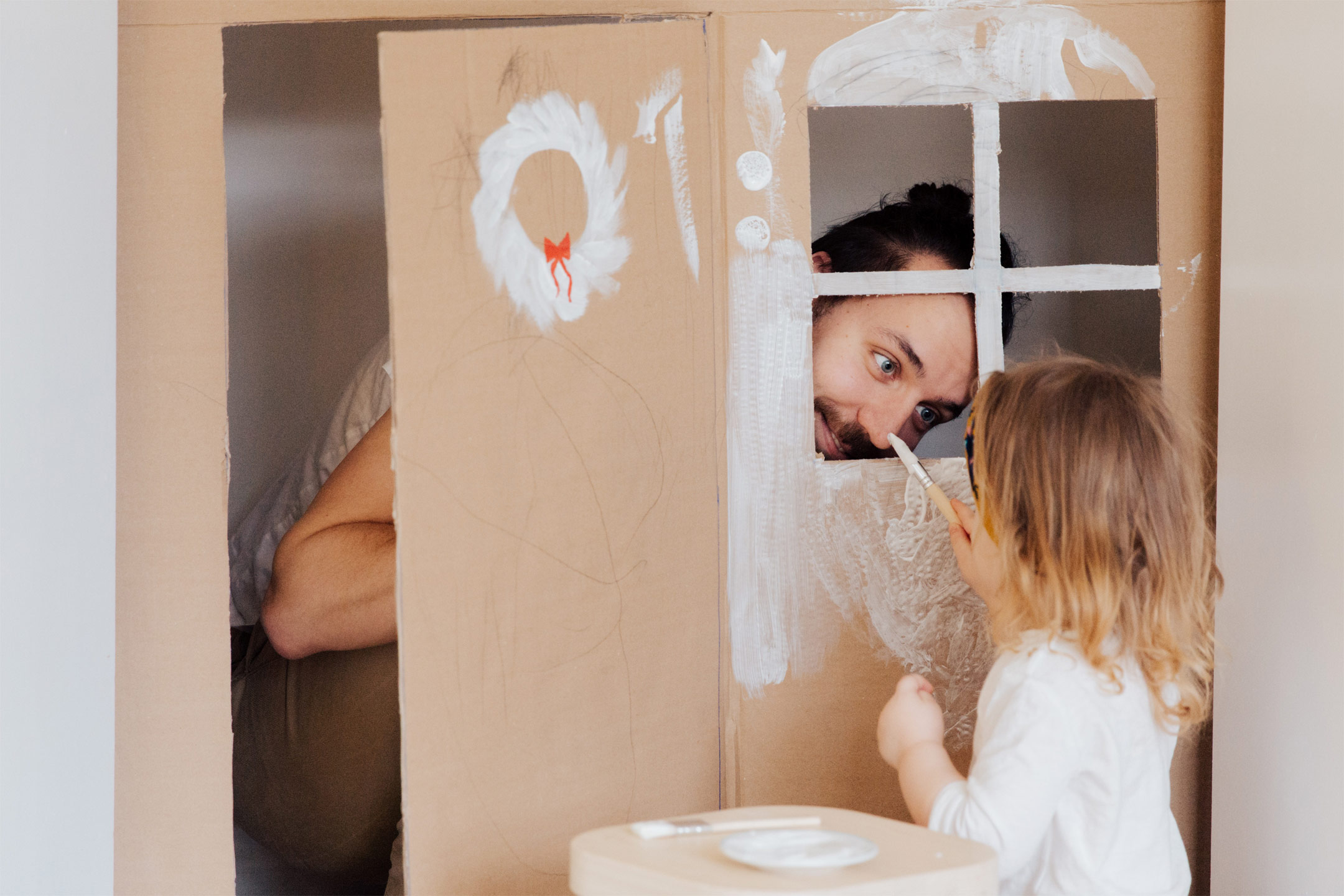
22 Jul ‘Extraordinary Parenting’ the essential guide to parenting and educating at home
Are you looking to transform your relationship with your child, engage their curiosity, and make your home the best place for them to learn?
Experienced parenting coach Eloise Rickman tells you everything you really need to know about parenting and educating your child at home with her new book Extraordinary Parenting: the essential guide to parenting and educating at home. Whether you’re planning to make a permanent move to homeschooling or you’re temporarily balancing it alongside paid work, Extraordinary Parenting shows that you don’t need a huge house, endless free time, or a host of expensive resources to unlock your child’s potential. In this extract form her book Eloise looks at how we can cope with change.
Supporting children through change
I spoke to Carine Robin, an experienced psychologist and Montessori teacher who has two school-age children herself, about how parents can support their children through uncertainty and changes. She said:
‘Over the course of your children’s lives, it’s almost certain that as a family you will face some challenges: divorce, illnesses, death of a grandparent, job loss, or financial burden. Life is full of uncertainty.
‘Going through a rough patch will impact your ability to parent. In fact, it has been proven that our ability to parent is directly correlated to our sense of safety. We need to feel safe and secure to cope with daily parenting challenges. It is similar for our children. They need to feel secure to be able to be emotionally balanced.
‘Once faced with a difficult situation, it’s essential that we, as parents, act like grown-ups. We have to try to keep our fears at bay and reassure our children, verbally and non-verbally, that we are going to be able to keep them safe and to get through the situation.
‘I mainly work with parents of children under the age of six, and young children have a very immature brain; their neocortex is not fully developed. What that means is that a child of that age cannot reason like us. They don’t project themselves in the future as we do. They also cannot distance themselves from the world’s suffering. We could say that young children take everything personally. For example, if they hear on the news that someone has died, they will fear that you or they might die right now. Although it’s okay to share the events we are going through with our children, it’s also important to filter the adult world for them. You can express your feelings and share them with your children, but you don’t have to explain all the little details of the situation.
‘Children like facts and respond well to simple explanations, such as, “We wash our hands because that helps us not to get sick.” There is no need to add any other reason, and there is no need for a panicked tone. It’s obviously easier said than done. One way to help your children cope with any dramatic life event is to think about your own way of coping.
‘The good news is that children are pretty resilient. What can help them as well is “playing it out”. Children learn through play. They express themselves through play. In fact, in child therapy, we are mostly worried when children refuse to play. Use play to help your children to work through any traumatic situation. If your children are reluctant to talk about their fears and worries, grab two teddies and make them talk. If your child is recovering from surgery, buy her a doctor kit. Invite your child to draw his nightmare or what had happened at school. If you relax enough to join your child in their play, he will be more likely to listen to you and tell you how he feels after he has connected with you through play.’
Many of my clients have found that playful parenting techniques provide the perfect bridge back to connection and calm when their children are feeling overwhelmed or anxious. And play is proven to be an important tool for children to process their experiences and learn about the world.
 This is an edited extract from Extraordinary Parenting: the essential guide to parenting and educating at home by Eloise Rickman (Scribe $22.99)
This is an edited extract from Extraordinary Parenting: the essential guide to parenting and educating at home by Eloise Rickman (Scribe $22.99)

